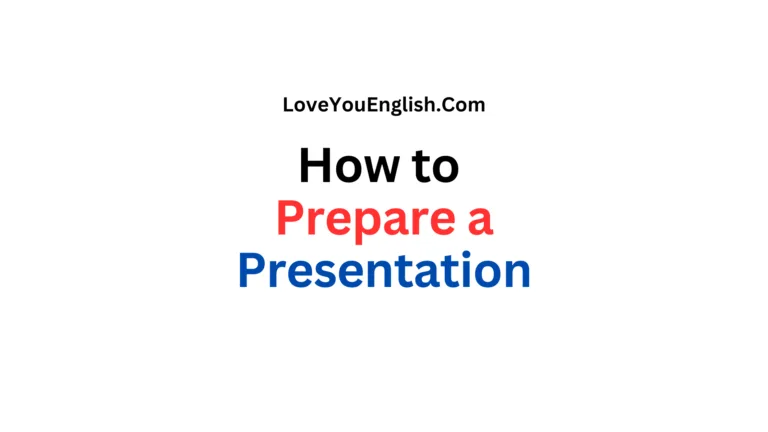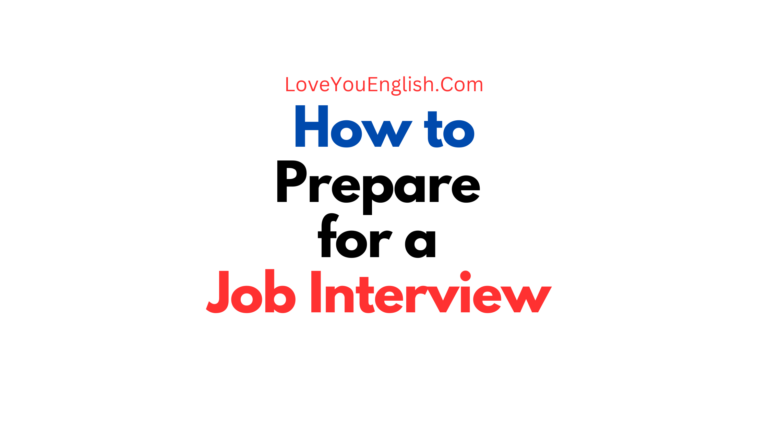Career Search Advice: A Comprehensive Guide
Career Search Advice: A Comprehensive Guide
Finding a job can be a challenging task, but with the right approach and mindset, it becomes much easier.
In this blog post, I will discuss practical advice and steps to help you navigate your career search successfully.
Whether you are a fresh graduate, looking to switch careers, or seeking new opportunities, this guide is for you.
1. Understand Yourself
Before you start your job search, it’s crucial to understand your strengths, weaknesses, interests, and values.
Here’s how you can do it:
- Self-Assessment: Take time to reflect on your skills and experiences. What are you good at? What do you enjoy doing?
- Personality Tests: Online tools like Myers-Briggs Type Indicator (MBTI) or StrengthsFinder can provide insights into your personality and strengths.
- Career Counseling: Speaking to a career counselor can help you understand your career aspirations and the paths available to you.
2. Set Clear Goals
Having clear goals can make your job search more focused and efficient.
Consider the following:
- Short-Term Goals: What do you want to achieve in the next 1-2 years?
- Long-Term Goals: Where do you see yourself in the next 5-10 years?
- SMART Goals: Ensure your goals are Specific, Measurable, Achievable, Relevant, and Time-bound.
3. Research Your Industry
Understanding the industry you want to work in is essential.
Here’s how you can do it:
- Industry Trends: Read industry reports, articles, and news to stay updated.
- Company Research: Look into companies you are interested in. Understand their culture, values, and recent achievements.
- Networking: Connect with professionals in your field through LinkedIn or industry events. They can provide valuable insights and advice.
4. Build a Strong Resume and Cover Letter
Your resume and cover letter are your first impressions on potential employers.
Make them count:
- Resume Tips:
- Cover Letter Tips:
5. Utilize Job Search Platforms
There are many online platforms where you can find job listings.
Here are some popular ones:
- General Job Boards: Indeed, Monster, Glassdoor
- Professional Networks: LinkedIn
- Industry-Specific Sites: Dice (tech jobs), Mediabistro (media jobs), etc.
- Company Websites: Many companies list job openings on their own websites.
More cool topics:
- Thank You Letters After Interviews: A Complete Guide
- Job Interview: Tips for a Successful Interview
- Career Advice: A Simple Guide to Finding and Thriving in Job
- The Importance of Non-Verbal Communication in an Interview
6. Prepare for Interviews
Once you start getting interview calls, preparation is key to making a good impression:
- Research: Understand the company, its products/services, and its culture.
- Common Questions: Practice answering common interview questions.
- STAR Method: Use the Situation, Task, Action, Result (STAR) method to structure your answers.
- Mock Interviews: Practice with a friend or use online tools to simulate real interview scenarios.
- Dress Appropriately: Dress in professional attire suitable for the industry.
7. Network Effectively
Networking is a powerful tool in your job search:
- Attend Events: Go to industry conferences, seminars, and workshops.
- Join Professional Associations: Become a member of relevant professional organizations.
- Use Social Media: Engage with industry professionals on platforms like LinkedIn.
- Informational Interviews: Request meetings with professionals in your desired field to learn more about their work and seek advice.
8. Keep Learning
Continuous learning can give you an edge in the job market:
- Online Courses: Platforms like Coursera, Udemy, and LinkedIn Learning offer courses on a wide range of topics.
- Certifications: Obtain certifications relevant to your field.
- Workshops and Seminars: Attend workshops and seminars to stay updated with the latest trends and skills.
9. Stay Positive and Persistent
Job searching can be tough, but it’s important to stay positive:
- Stay Organized: Keep track of the jobs you’ve applied for and follow up when necessary.
- Learn from Rejections: Understand that rejections are part of the process. Learn from each experience.
- Stay Motivated: Surround yourself with supportive friends and family. Keep a routine to stay productive.
10. Consider Alternative Paths
Sometimes, traditional job searching isn’t the only way to find a job:
- Freelancing: Platforms like Upwork and Fiverr offer opportunities for freelance work.
- Internships: Even if you’re not a student, internships can provide valuable experience and connections.
- Volunteering: Volunteering can help you gain experience and demonstrate your commitment to a field.
- Starting Your Own Business: If you have a strong idea, consider entrepreneurship.
Detailed Steps and Tips
Creating a Winning Resume
A strong resume can significantly impact your job search.
Here’s a detailed look at how to craft one:
- Contact Information: Make sure your name, phone number, email address, and LinkedIn profile are easily visible at the top of your resume.
- Summary Statement: A brief summary at the beginning can highlight your key skills and career goals.
- Work Experience: List your work experience in reverse chronological order, starting with the most recent job. Use bullet points to describe your responsibilities and achievements.
- Education: Include your educational background, starting with the highest degree you’ve attained.
- Skills: List relevant skills, especially those mentioned in the job description.
- Certifications and Awards: Mention any certifications, courses, or awards that are relevant to the job.
Writing an Effective Cover Letter
A cover letter complements your resume and gives you a chance to explain why you are the best fit for the job:
- Introduction: Start with a strong opening that captures the reader’s attention.
- Body: Use this section to highlight your most relevant experiences and skills. Explain how they make you a suitable candidate for the job.
- Closing: End with a call to action, expressing your eagerness to discuss how you can contribute to the company.
Mastering the Interview
Interviews can be nerve-wracking, but with preparation, you can ace them:
- Research the Company: Understand the company’s history, values, and recent achievements.
- Practice Common Questions: Prepare answers for questions like “Tell me about yourself,” “What are your strengths and weaknesses?” and “Why do you want to work here?”
- Prepare Your Own Questions: Have a list of questions ready to ask the interviewer about the company and the role.
- Body Language: Maintain good eye contact, sit up straight, and use hand gestures to emphasize points.
Leveraging Social Media
Social media can be a powerful tool in your job search:
- LinkedIn: Keep your profile updated with your latest experience and skills. Engage with content and join industry groups.
- Twitter: Follow companies and industry leaders. Participate in relevant conversations.
- Facebook: Use it to join job search groups and follow company pages.
Networking Tips
Building a professional network can open doors to new opportunities:
- Elevator Pitch: Have a short, compelling summary of who you are and what you do.
- Follow Up: After meeting someone, follow up with an email or LinkedIn message.
- Be Genuine: Show genuine interest in others. Networking is about building relationships, not just seeking favors.
Keeping Skills Updated
Staying current with industry trends and skills is crucial:
- Regular Learning: Dedicate time each week to learning something new.
- Professional Development: Attend workshops, webinars, and courses regularly.
- Mentorship: Seek out mentors who can provide guidance and support.
Managing Rejections
Handling rejection is a part of the job search process:
- Stay Positive: Understand that rejection is not a reflection of your worth.
- Seek Feedback: If possible, ask for feedback from employers to improve.
- Move On: Don’t dwell on rejections. Use them as learning experiences.
Conclusion
Searching for a job requires patience, perseverance, and a strategic approach.
By understanding yourself, setting clear goals, and utilizing various resources and strategies, you can make your job search more effective and less stressful.
Remember to stay positive, keep learning, and network effectively.
With these tips, you are well on your way to finding a fulfilling career.
Good luck with your job search!







